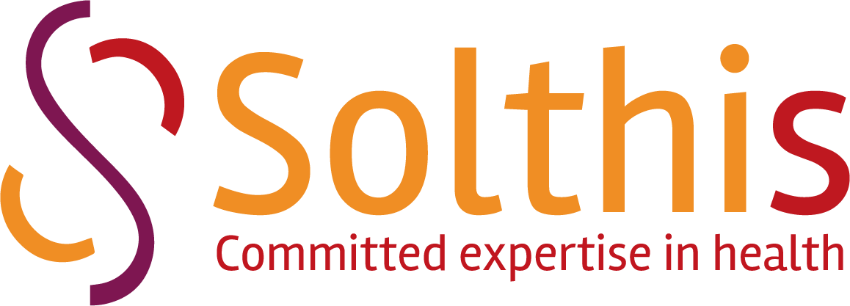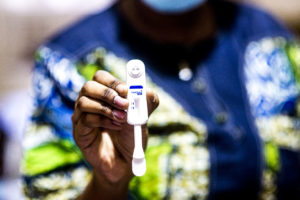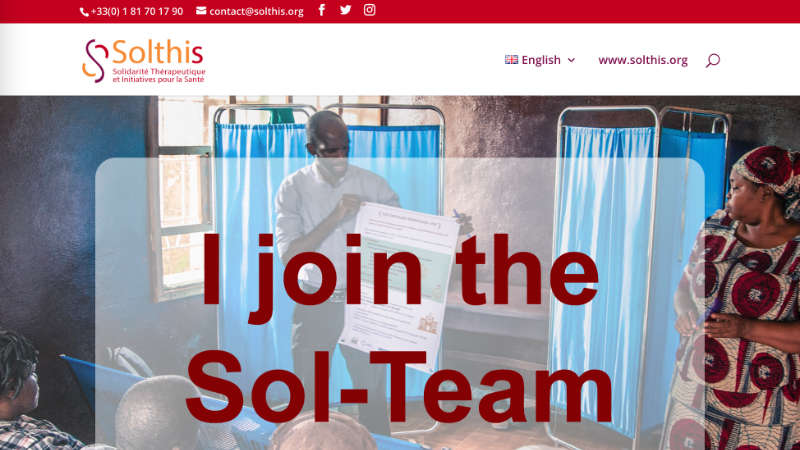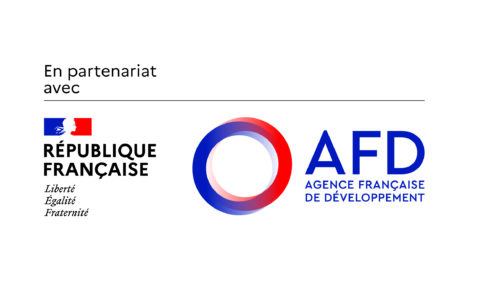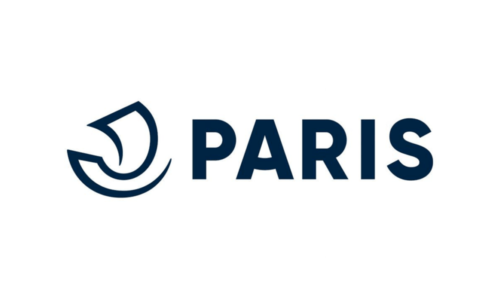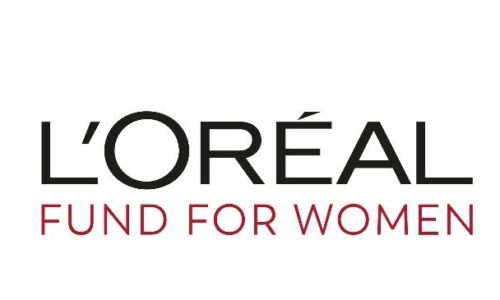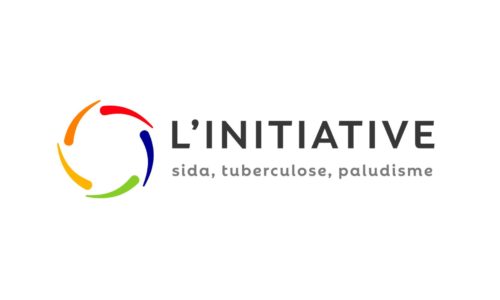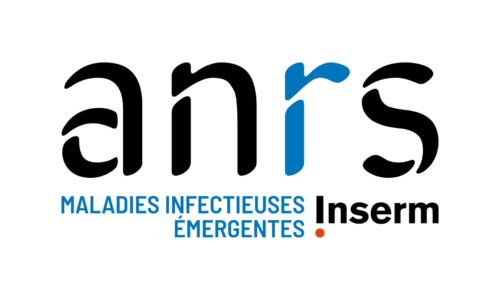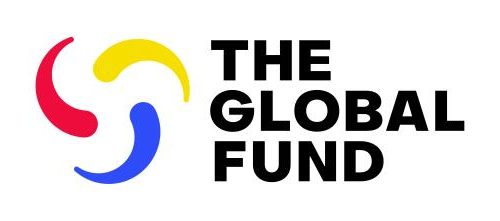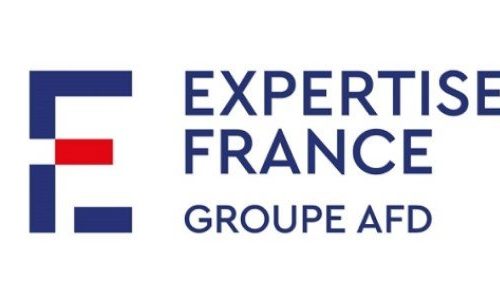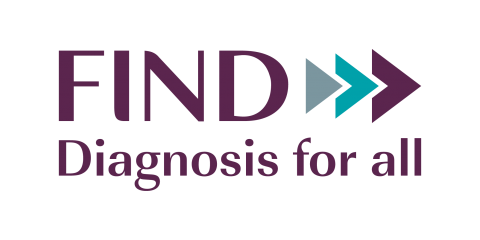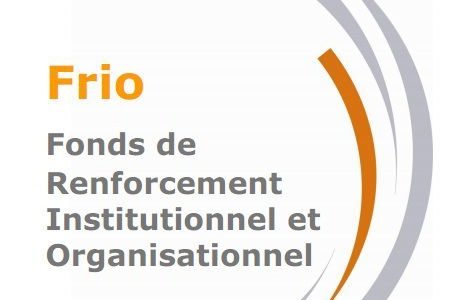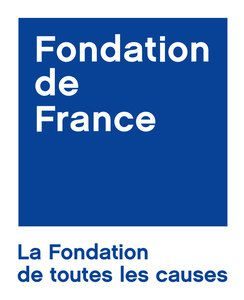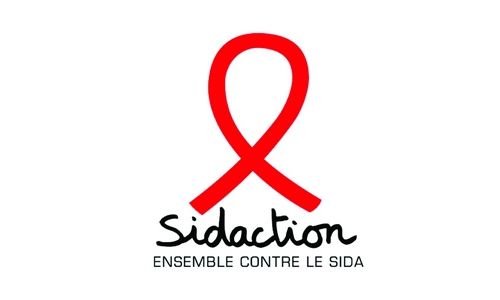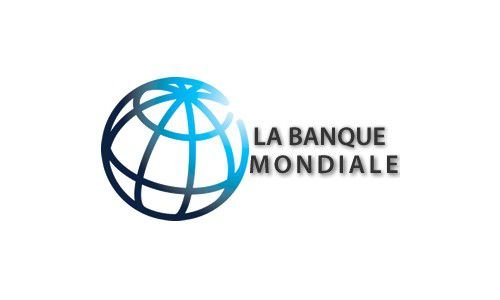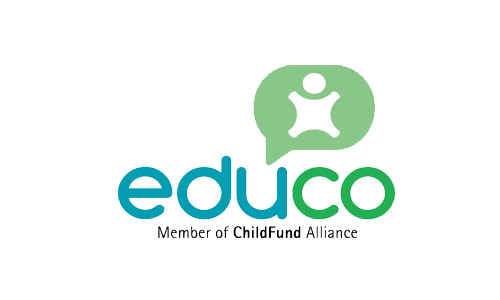Studies conducted as part of the ATLAS project attest to the effectiveness of the HIV self-testing strategy in improving knowledge of status among key populations.
30 November 2023 | Informations
GUINEAMALICAPACITY BUILDINGFighting HIV / AIDSInfectious and emerging diseases
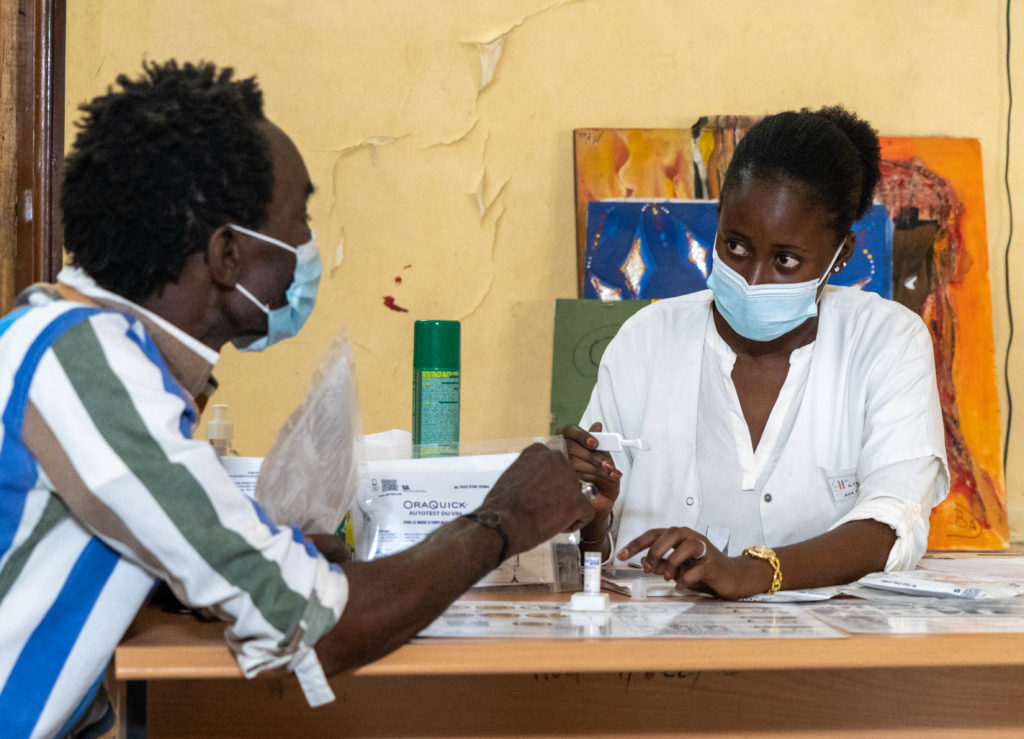
The research undertaken as part of the ATLAS project, carried out by the Institut de Recherche pour le Développement, continues to deliver the lessons learned from the project.
After 11 articles published in scientific journals, two new studies will soon be published (“preprint”).
Among them, the study led by Romain Silhol[1] “Assessing the potential population-level impacts of HIV self-testing distribution among key populations in Cote d’Ivoire, Mali, and Senegal: a mathematical modelling analysis”, demonstrates the epidemiological impact of the strategy implemented as part of the ATLAS project.
From 2019 to 2028, implementation of the ATLAS strategy could avert around 1,800 new HIV-related infections and 600 deaths in the three countries, of which 50% among key populations and 15% among their clients. The proportion of infections averted is higher among Men who have Sex with Men (MSM) and clients of Sex Workers (SW), due to a greater number of HIV self-testing kits (HIVST) distributed among their sexual partners. Overall, the ATLAS project is expected to avert 3.3% of new HIV infections in Senegal, 0.4% in Côte d’Ivoire and 2.1% in Mali between 2019 and 2028.
When the scale-up of HIVST is evaluated, the proportion of people living with HIV (PLHIV) who know their status reaches 90% among MSM after 20 years of implementation in Côte d’Ivoire and Mali (versus 60% without scale-up), and 85% in Senegal (versus 48%). Among SW, this proportion reaches 83% in Côte d’Ivoire, 74% in Mali and 80% in Senegal.
In conclusion, Romain Silhol and his co-authors recommend that “the distribution of HIVST kits among key populations and their partners should be scaled up in West Africa – where three-quarters of new infections occur among these populations – as this would have a substantial impact on new infections and mortality, and help reduce inequalities within the population.”
The second pre-print study, “HIV self-testing positivity rate and linkage to confirmatory testing and care: a telephone survey in Côte d’Ivoire, Mali and Senegal” directed by Arsène Kra Kouassi, shows that, despite a less-than-optimal linkage to confirmatory testing (between 45% and 55% of people tested positive by self-testing have undergone confirmatory testing), those who have undergone confirmatory testing have done so within a very short timeframe (more than half within a week of self-testing, and the vast majority within three months) and have almost all started antiretroviral treatment, at a rate comparable to that for people tested with the conventional test. This shows that the HIVST has the potential to reach more hidden populations, and is a relevant complementary tool to existing screening services.
Solthis’ technical expertise in HIVST is reflected in the field, with technical assistance for an adapted HIV care offer, carried out in Guinea since September 2022 and financed by the Global Fund, which has made it possible to design, validate and implement a national self-testing strategy, and to initiate the move to scale, by making it available in 25 health centers.
In Côte d’Ivoire, with funding from the FID, Solthis has been supporting the national AIDS program in scaling up HIV self-testing nationwide since November 2023.
Scientific publications of the ATLAS project
